
BEIJING, July 23 (Xinhua) -- Japanese Prime Minister Shinzo Abe vowed to concentrate on reviving the country's troubled economy Monday, one day after his coalition scored a decisive victory in a parliamentary election.
Compared with Abe's nationalist rhetoric, which not only infuriated Japan's neighbors but also worried the world, his focus now on the Japanese economy is a reasonable stand.
Abe has introduced a variety of fiscal and monetary policies aimed at reversing deflation and jump-starting growth since he took office in December. His plan, dubbed Abenomics, did stimulate the Japanese economy, which expanded in the first quarter of 2013 at an annualized rate of 4.1 percent in contrast to last year's 3.6 percent.
But Abe's work is far from done. Japan, the world's third largest economy, still needs more far-reaching reforms to address its chronic problems. According to exit polls, most Japanese voters supported Abe mainly because of his economic performance.
As a Chinese saying goes, "the water that bears the boat is the same that swallows it up." Japanese voters could quickly turn their backs on Abe if they find the economy is not getting better.
Therefore, implementing structural overhauls and securing growth should be Abe's top priorities now.
But there are worries about Abe's shifting emphasis as the hawkish prime minister has repeatedly stressed right-leaning policies, notably a revision of Japan's pacifist constitution to beef up its military capacity.
Pursuing this nationalist agenda will further strain Japan's relations with neighboring countries and trade partners, notably China and South Korea. Besides, investing too much energy in unnecessary changes of legislation will hinder the already difficult reforms.
Such economic uncertainty will offset Abe's efforts to restore foreign investors' confidence, taking a toll on Japan's growth.
Abe's political ally is also in favor of pragmatism. His coalition partner, New Komeito party leader Natsuo Yamaguchi, said Monday that he would urge Abe to refrain from visiting the war-linked Yasukuni Shrine in Tokyo by considering the sentiments of Japan's neighbors.
On the eve of the election, Abe asked the Japanese people to support him to "create a proud country." The national pride lies in recreating Japan's economic miracle. Rightist moves and militarism will again drag the country into a quagmire of hostility and animosity, which will inevitably result in disgrace.
It will be bad news for Japanese voters, and consequently for Abe, to waste limited political resources on a nationalistic agenda.
After all, his first term as prime minister ended ignominiously in 2007 because he focused more on pursuing impractical nationalist ambitions instead of doing real work.


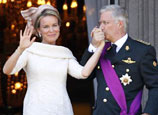
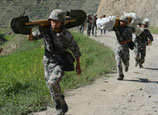
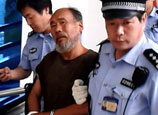

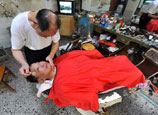


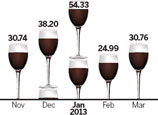






 China builds 'world's tallest building'
China builds 'world's tallest building'


![]()
